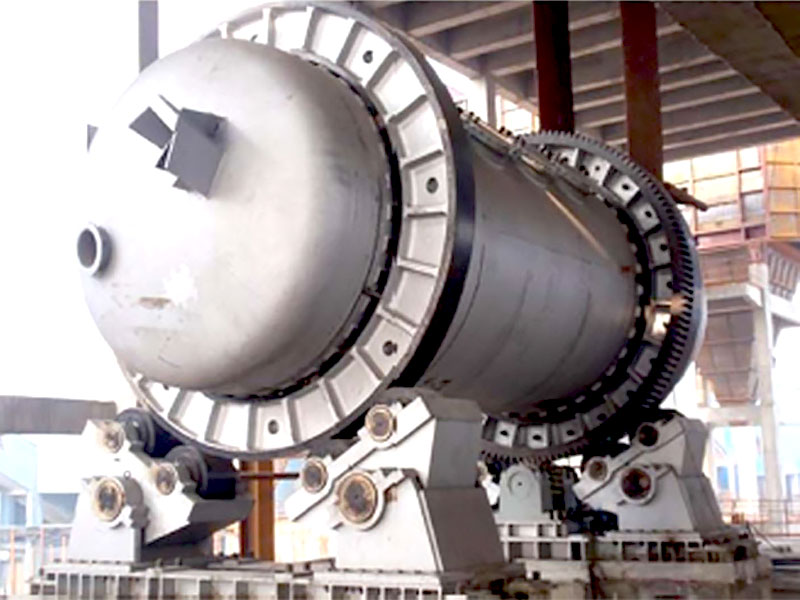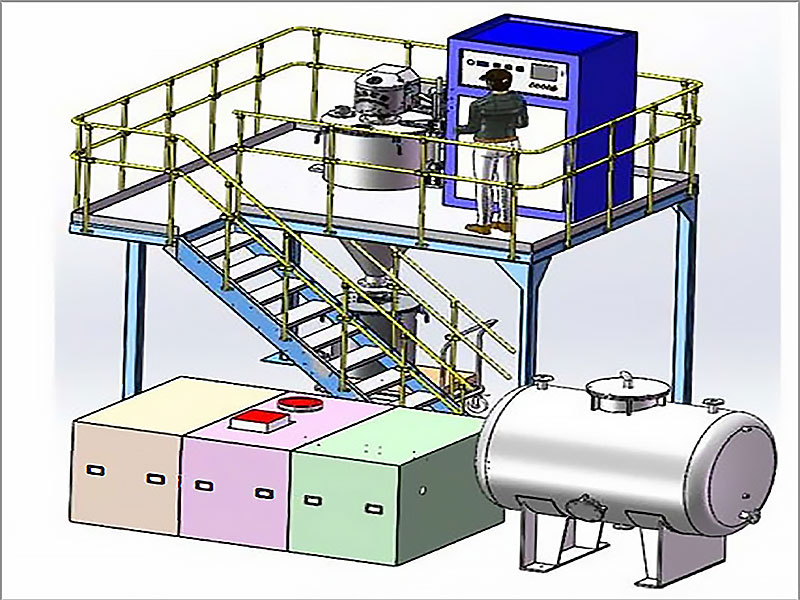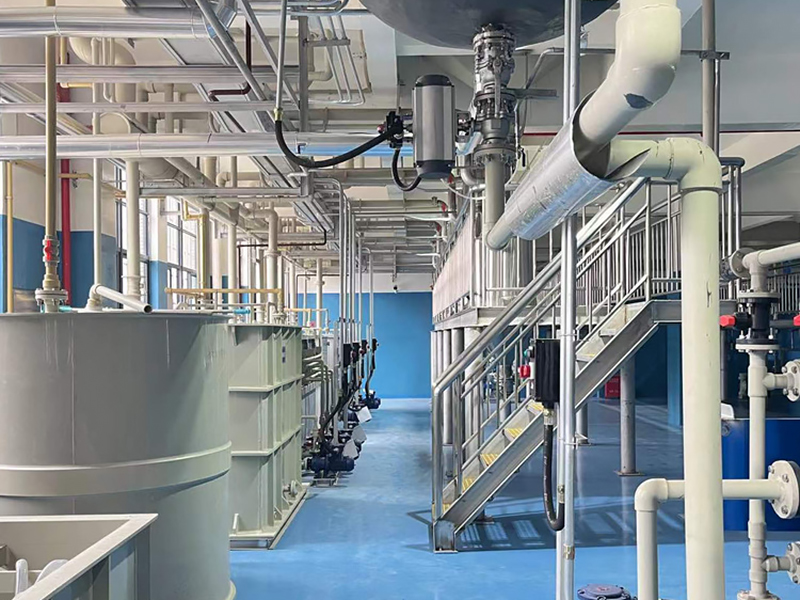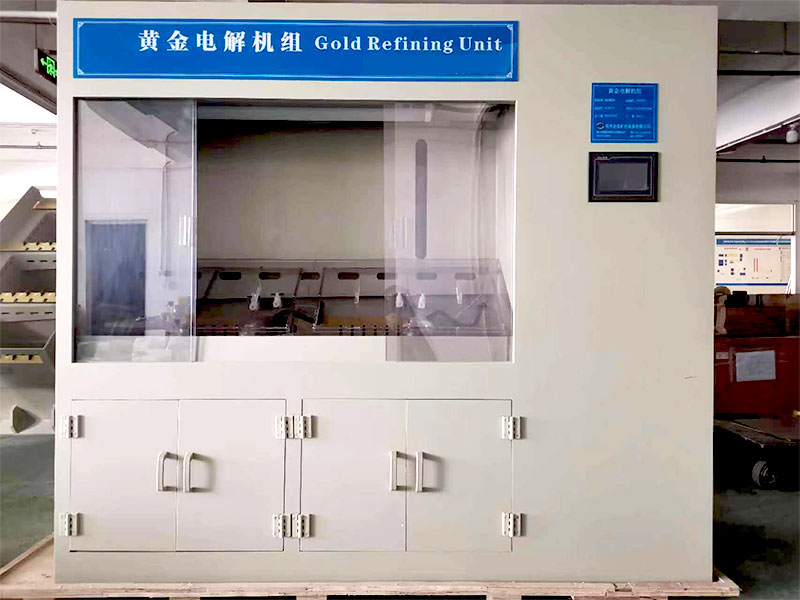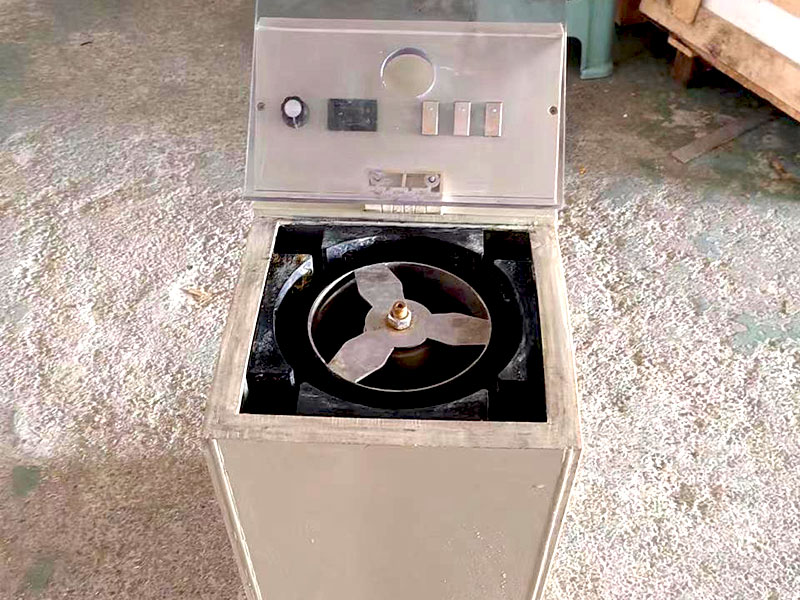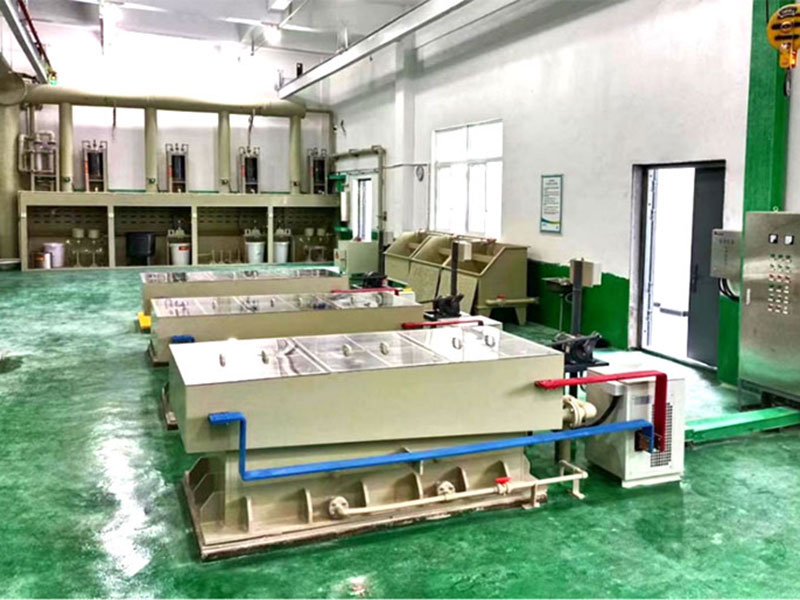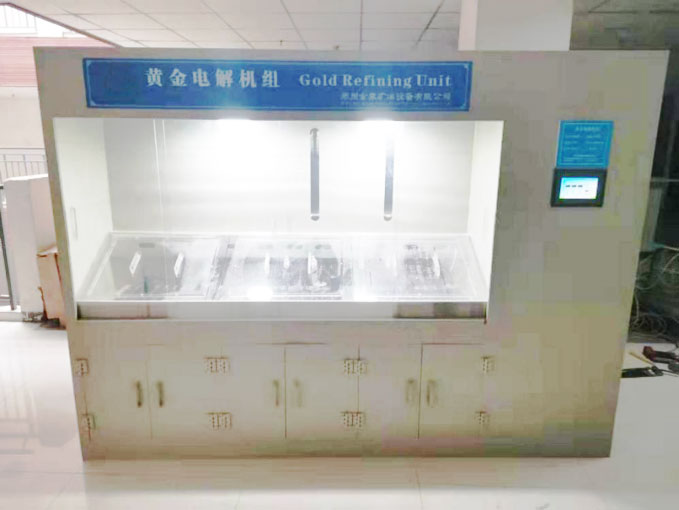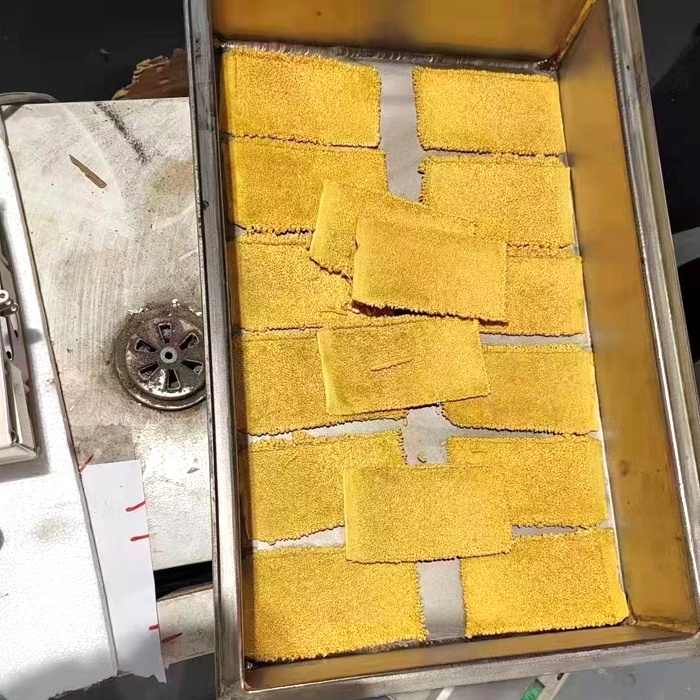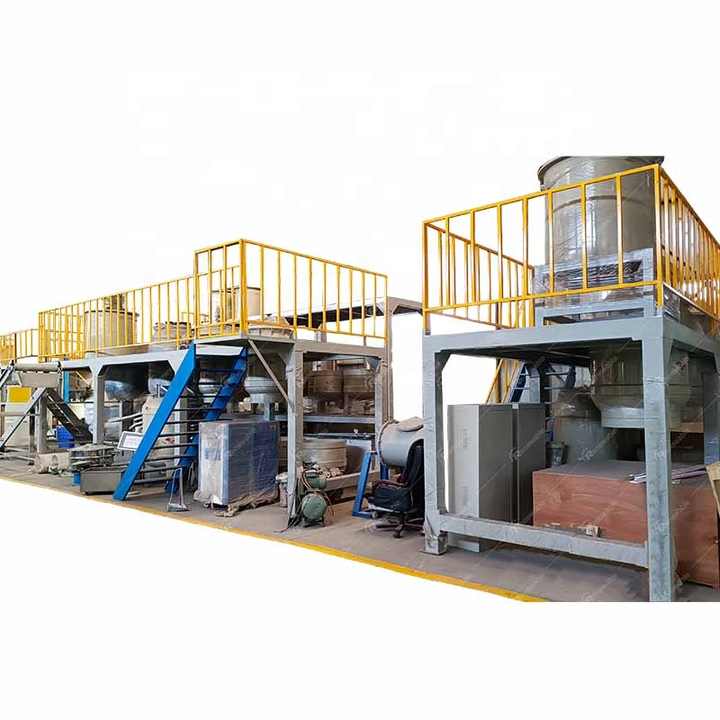What Ecological Impacts Come From Refining Gold
The Ecological Impacts of Refining Gold
Environmental Degradation from Gold Refining Processes
Gold refining, while essential for purifying and enhancing the quality of gold, comes with significant ecological impacts. As FRT Machinery, a leading manufacturer of gold refining equipment, we understand the importance of addressing these issues. One of the primary concerns is the environmental degradation caused by the release of toxic substances into the air, water, and soil during the refining process.
Water Pollution Linked to Gold Refining
Water pollution is a critical issue associated with gold refining. The use of chemicals such as cyanide and mercury in the extraction and purification processes can lead to severe contamination of water bodies. When these chemicals leach into rivers, lakes, and groundwater, they pose serious threats to aquatic life and human health. Communities living downstream from gold mining and refining operations often face contaminated drinking water supplies, which can cause a range of health problems including neurological damage and cancer.
Soil Contamination Caused by Gold Refining
Soil contamination is another major concern when it comes to gold refining. Heavy metals and other pollutants from refining activities can accumulate in the soil, affecting its fertility and posing risks to plant and animal life. Over time, contaminated soils can also lead to bioaccumulation of toxins in food chains, impacting both wildlife and human populations who rely on local agriculture for sustenance.
Air Pollution Resulting from Gold Refining Activities
Air pollution is yet another ecological impact of gold refining. During the smelting and roasting stages of refining, large quantities of dust and gases are released into the atmosphere. These emissions contain harmful substances like sulfur dioxide, nitrogen oxides, and particulate matter, contributing to air pollution levels. Long-term exposure to these pollutants can result in respiratory diseases and other health issues among nearby populations.

Biodiversity Loss Due to Gold Refining Operations

Biodiversity loss is a significant consequence of gold refining activities. Large-scale mining operations required to extract gold ore often lead to deforestation and habitat destruction. This not only displaces local wildlife but also disrupts entire ecosystems, leading to a decline in biodiversity. Additionally, the use of land for tailings ponds and waste storage further reduces available habitats for native species.
Health Risks Associated with Gold Refining
The health risks associated with gold refining extend beyond the immediate vicinity of mining sites. Workers involved in the refining process face direct exposure to hazardous materials, increasing their risk of developing occupational diseases. Moreover, communities living near gold refining facilities may experience higher incidences of respiratory illnesses, skin conditions, and other health problems due to environmental contamination.
Sustainable Practices in Gold Refining
Recognizing the ecological impacts of gold refining, FRT Machinery advocates for and implements sustainable practices designed to minimize environmental harm. By adopting cleaner technologies, improving waste management strategies, and promoting responsible sourcing of raw materials, the industry can work towards reducing its ecological footprint. Innovations in refining techniques that reduce reliance on toxic chemicals and enhance recycling of waste products are crucial steps toward achieving this goal.
In conclusion, while gold refining plays a vital role in the global economy, it is imperative that we address its ecological impacts. Through concerted efforts towards sustainability and continuous improvement in refining technologies, FRT Machinery aims to contribute positively to both the environment and society.

